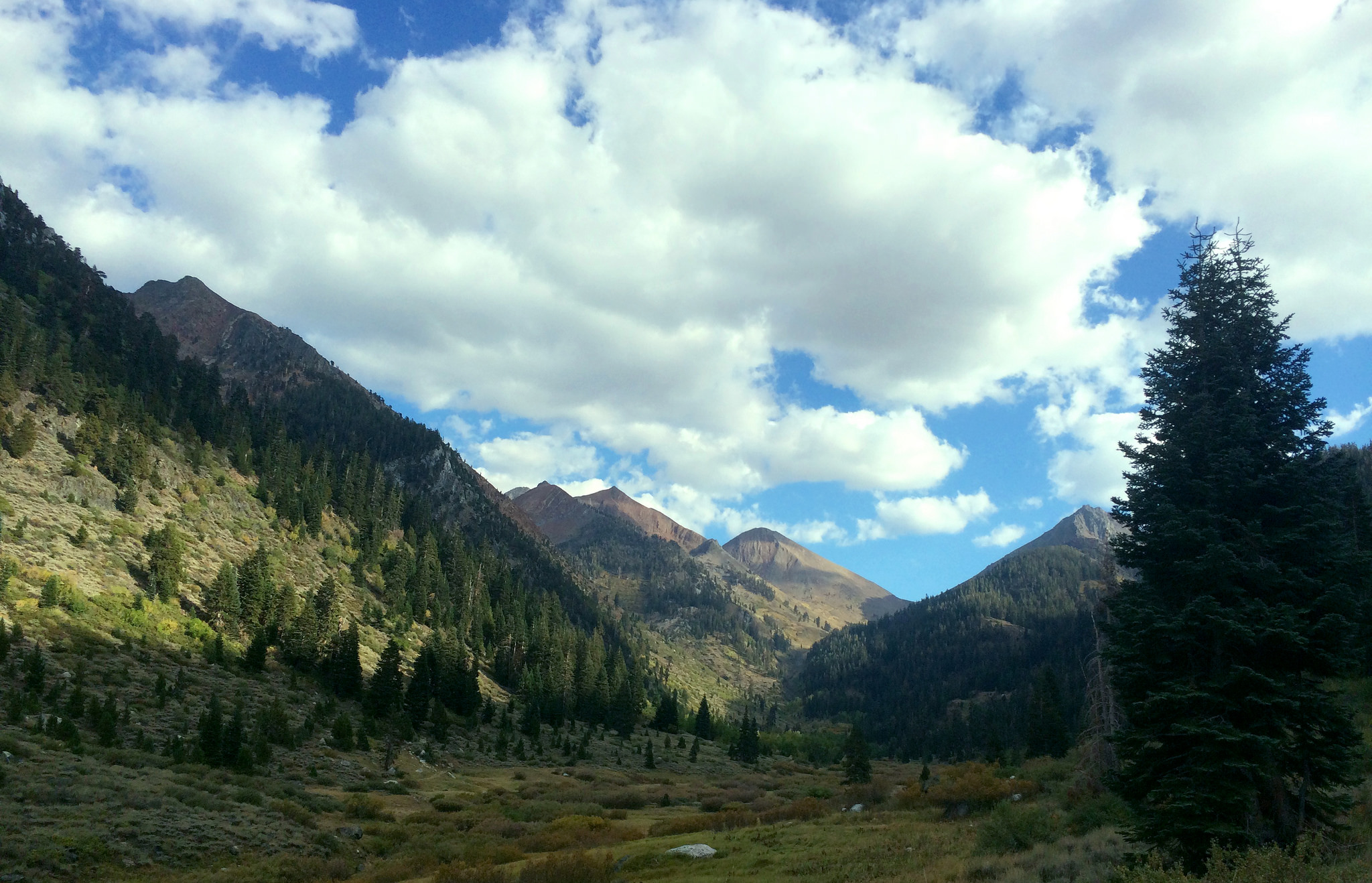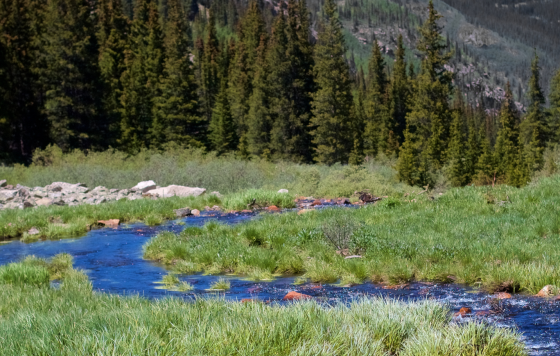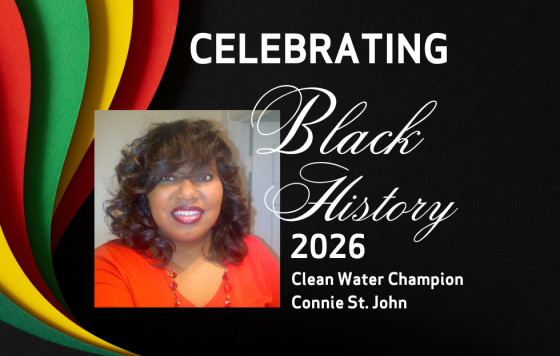
One of my favorite pieces of American poetry is not, technically, a poem. It is Justice William O. Douglas’ heartfelt dissent in Sierra Club v. Morton (1972). The case was a dispute over a proposed $35 million ski resort development in the Mineral King valley, now a part of the Sequoia National Forest. The development, which would ultimately never be built, would have included motels, restaurants, swimming pools, parking lots, a new highway, and high voltage power lines.
The central question that decided the case in the Supreme Court was standing – who has legal standing to bring a lawsuit to protect our environment and natural wonders. The majority found that Sierra Club did not have standing to bring the lawsuit, because they couldn’t show a “direct interest” in Mineral King’s conservation
But Justice Douglas disagreed. And argued that the law should allow “environmental issues to be litigated before federal agencies or federal courts in the name of the inanimate object about to be despoiled, defaced, or invaded by roads and bulldozers, and where injury is the subject of public outrage.”
While that may sound like a reach, Douglas points out that the law already ascribes personhood to corporation in legal matters, so why not grant the same fictive personhood to “valleys, alpine meadows, rivers, lakes, estuaries, beaches, ridges, groves of trees, swampland, or even air that feels the destructive pressures of modern technology and modern life”?
Douglas continues:
The river as plaintiff speaks for the ecological unit of life that is part of it. Those people who have a meaningful relation to that body of water -- whether it be a fisherman, a canoeist, a zoologist, or a logger -- must be able to speak for the values which the river represents, and which are threatened with destruction …
The voice of the inanimate object, therefore, should not be stilled...before these priceless bits of Americana (such as a valley, an alpine meadow, a river, or a lake) are forever lost or are so transformed as to be reduced to the eventual rubble of our urban environment, the voice of the existing beneficiaries of these environmental wonders should be heard.
So, why am I rambling on about this the day before Election Day?
It’s because the same logic at work in Douglas’ dissent – the belief that our natural treasures, whether they are flora, fauna, or geological, should have a voice in our political system. The belief that, “Those inarticulate members of the ecological group cannot speak. But those people who have so frequented the place as to know its values and wonders will be able to speak for the entire ecological community.”
That is what we can do tomorrow when we cast our votes. Our rivers, streams, and wetlands threatened by a repeal of the Clean Water Rule can not vote. Our western forests threatened by more frequent and severe wildfires due to climate change can not vote. Endangered species, like the iconic California Condor, threatened by congressional rollbacks on protections, can not vote.
We must speak for them, and we must vote for them.
Photo: Mineral King Valley, kylwalsh on flickr CC BY-NC-ND 2.0


